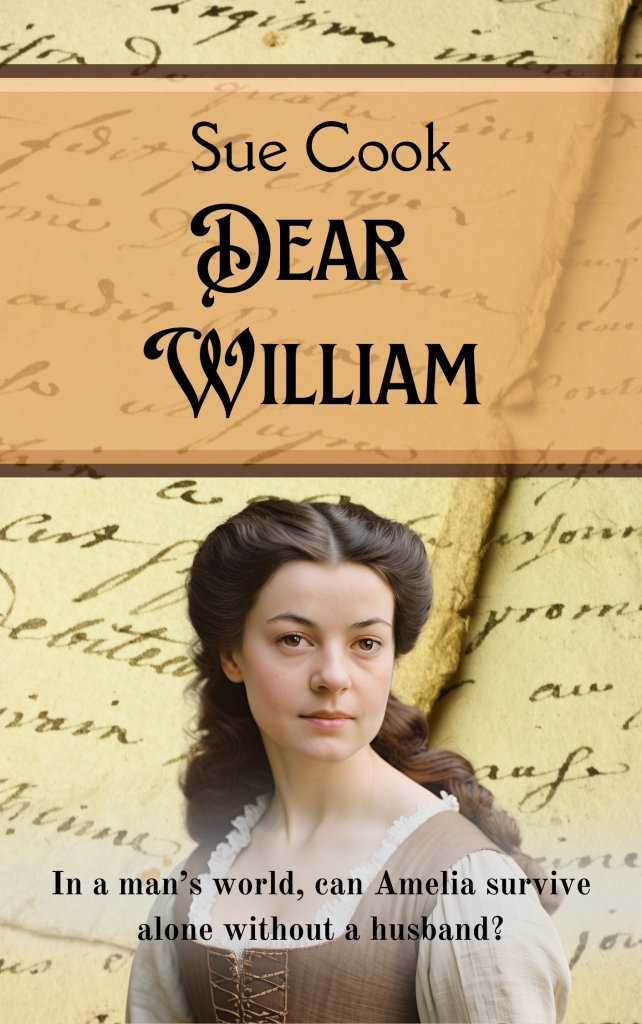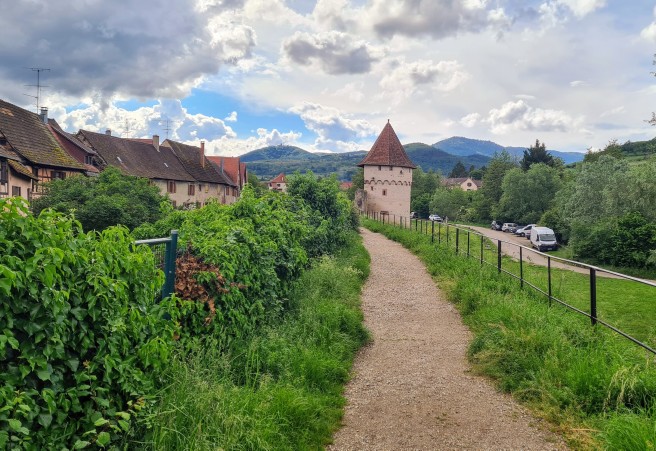My sister recently asked me why I bother writing pocket novels when they pay so little. It’s true. You get £300 for 38,000 words or £350 for nearly £50,000. I’d earn so much more if I sold that many words as short stories.
But if you play your cards right, you can also sell your pocket novel to Ulverscroft for another £300, you can register for secondary use payments with the ALCS, and self-publish as well, all for the same novella. Me, I’m rubbish at marketing. Can’t sell raffle tickets let alone books, so I do’t make much money at self-publishing. But some traditionally published authors I know are struggling to make money. Most have other jobs to pay the mortgage.
Other reasons to consider writing pocket novels include:
- Relatively little competition
- No rounds and rounds of editing if your book is accepted
- Swift payment in advance
- Clear guidelines available.
I find pocket novels excellent practice for writing longer stories for a well-defined market. And although there is relatively little competition compared with finding a publisher or agent, that doesn’t mean they’re ‘easy’ to write. But a few simple tips will help you succeed. Ignore these at your peril!
Read the guidelines (so many people don’t!) Click here for My Weekly guidelines, and here for The People’s Friend guidelines.
Read recent copies of pocket novels to get a feel for the sorts of stories the publisher wants – and what they don’t want. Find your nearest stockist using this store finder website. They’ll be displayed in store with the magazines. You can order them directly or take out a subscription from the DC Thomson shop.
After that, write the best book you can. It’s easy to fall into the trap of ‘that’ll do’ (like I did), thinking you’ve seen something similar written by someone else. Maybe, but you still need to make sure you have well-developed character arcs, a good plot, a good writing technique and don’t take short cuts. Some of these novels appear deceptively simple, but when you sit down and analyse them, they’re tightly plotted with several separate areas of potential conflict gradually ratcheting up and increasing the stakes.
Meanwhile I’ve not spent much time writing recently as I’ve been getting my latest novel ready for publishing.

Dear William started life as a pocket novel but the unabridged version is now available on Amazon in ebook and paperback. It’s a historical romance set in the 1790s in West Yorkshire just as the industrial revolution is gathering pace, and features a talented apothecary struggling to survive when her husband sells up and makes off with the proceeds.
But I really want to get back to writing. That’s what we writers like best.
And I’ve also so many books to read as well, starting with a new author to me, Diane Ascroft, a Canadian living in Ireland who writes cozy mysteries set in Canada. And Out of Options is currently available free on Amazon, so what’s not to like?
But if you prefer short stories, why not sign up for Christopher Fielden’s newsletter? I find him a great source of information and this month, his newsletter lists 17 short story competitions…


